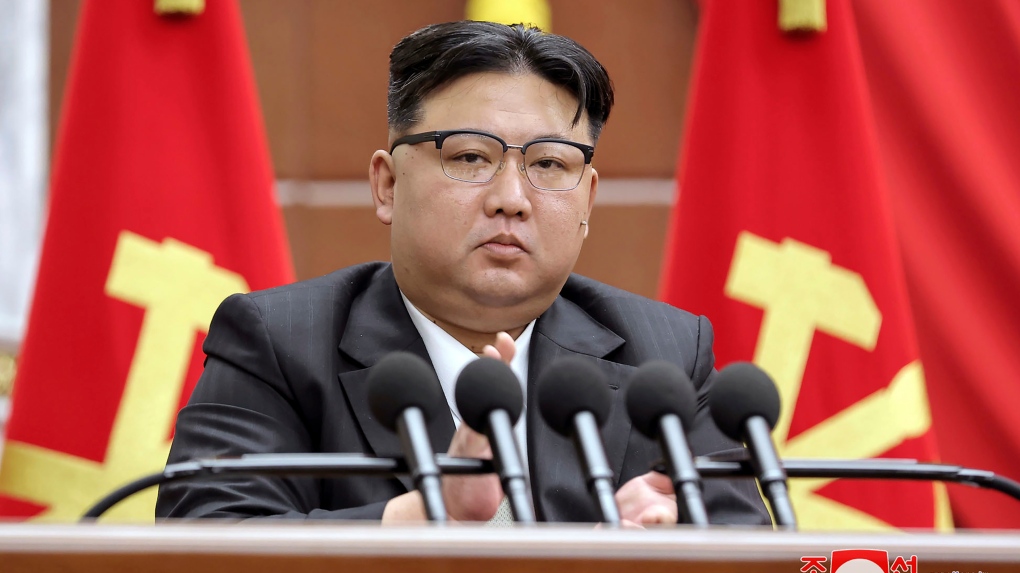
Key points:
- North Korean leader Kim Jong Un has intensified his rhetoric against the U.S. and South Korea, threatening military action and announcing plans to expand North Korea’s nuclear and military capabilities.
- South Korea’s President Yoon Suk Yeol has responded by pledging to strengthen preemptive and retaliatory military capabilities against North Korea’s nuclear threat.
- Renewed military cooperation between North Korea and Russia raises global security concerns, with North Korea’s expanding weapons program and suspected arms dealings with Russia.
Kim Jong Un’s aggressive posturing
North Korean leader Kim Jong Un has recently heightened his aggressive rhetoric against the United States and South Korea. In a significant political meeting, Kim vowed to enhance the nation’s defense capabilities to counter what he perceives as an unprecedented confrontation led by the U.S. This comes amid increased North Korean warlike rhetoric in response to expanded U.S.-South Korean military drills.
Kim Jong Un’s statements included threats to “thoroughly annihilate” the U.S. and South Korea if provoked. During the meeting, he also stated that there were plans to launch military spy satellites, develop nuclear materials, and create attack drones. This aggressive stance is seen as an attempt to gain leverage in any future diplomacy, particularly with former President Donald Trump’s potential to return to the U.S. presidency.
South Korea’s response to the threat
In reaction to North Korea’s threats, South Korean President Yoon Suk Yeol emphasized the need to bolster his country’s military capabilities. In his New Year’s Day address, President Yoon highlighted the development of preemptive strike weaponry, missile defense systems for both land and sea and the development of retaliatory capacities in response to North Korea’s nuclear intimidation. The South Korean Defense Ministry has warned that any attempt by North Korea to use nuclear weapons would result in an overwhelming retaliation attack. The South Korean President even threatened attacks that could potentially lead to the end of Kim Jong Un’s regime.
Renewed North Korea-Russia military cooperation
The global security landscape
This situation has significant implications for global security, especially considering North Korea’s historical defiance of United Nations Security Council resolutions. The international community, including countries in the Indo-Pacific region and Europe, are expressing concerns over the satellite launch and the implications of North Korea’s expanding weapons program.
Implications for U.S. diplomacy and international relations
The U.S. faces a complex diplomatic challenge in addressing North Korea’s actions. Past negotiations during the Trump administration did not yield lasting results, and the increasing missile tests by North Korea have led to expanded U.S.-South Korean military exercises. Additionally, North Korea’s attempts to strengthen ties with China and Russia, who have blocked tougher U.N. sanctions, create further diplomatic hurdles.
Experts suggest that the likelihood of small-scale military clashes along the North-South Korean border has increased. Furthermore, there is an anticipation of North Korea testing new major weapons, including ICBMs capable of reaching the U.S. mainland. The international community remains alert to these developments, with concerns over the stability and peace in the Korean Peninsula and beyond.
